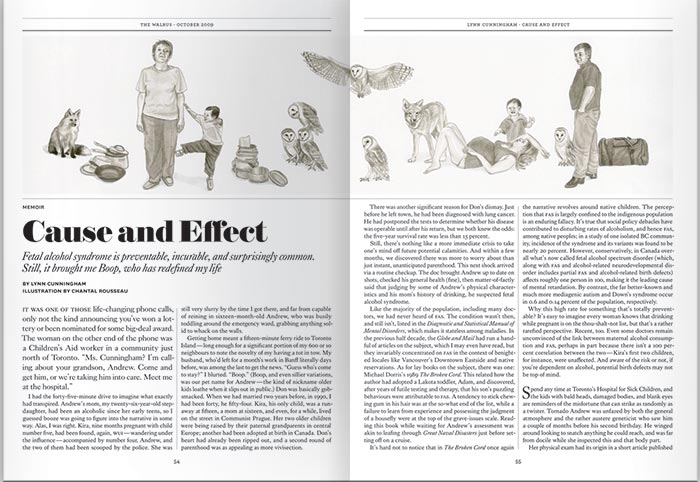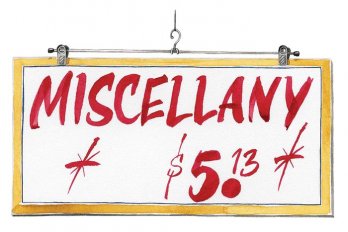
The ringer on my phone for calls from Andrew is called “Blues.” So far today, I have heard its tinkly tone twice, about average. The first time, he asked if I’d pony up for a music lesson this weekend; I said yes, although I periodically reflect that the monthly cost of his lessons could cover the lease for a Mercedes. The second had to do with a detail related to his special-needs status as a community college student. Oh, and he wouldn’t be coming home this weekend.
In October 2009, I wrote about my step-grandson—my kid, Boop—in “Cause and Effect.” He was seventeen. Now he is twenty-two, and an extraordinary success story for someone born with permanent brain damage from fetal alcohol syndrome. Unlike a tragically high proportion of young adults with FAS, he’s not in jail, he’s not an alcoholic or a drug addict, he’s not on the street. And now, having graduated from high school (an accomplishment in itself), he’s not living at home either.
Andrew’s new digs are in the student ghetto close to York University in Toronto, also home to a satellite campus of Seneca College. There, he is enrolled in a program called independent music production, which aims to teach musicians how to turn their avocation into something approaching a living (presumably sans Mercedes). The business course is giving him trouble—he’s flummoxed by an assignment that involves completing a grant application—but he seems to be soaring at songwriting. The kid who spent his entire school career in special ed classes turns out to have a gift for oddly spelled but sensitive lyrics set to sweet blues melodies.
I concluded “Cause and Effect” with the question “Who knows what larger dreams he’s conjuring? ” The answer, it seems, is styling himself “Drew” and trying to become a professional musician. I have seen no evidence that his imaginings encompass keeping the kitchen under control. When he’s home on weekends, the place looks as if four or five episodes of Top Chef Masters were just shot there.
Part of my role in Andrew’s new life is to provide a wake-up service. Weekday mornings, my alarm alerts me at 8 a.m.—time to get him up for class. He has two alarm clocks in his room but hasn’t worked out how to set either one. The rest of the time, I’m the human Google on the end of the phone: “Nana, will the 106 bus stop at my street? ” “Nana, how do you do an online course? ”
His calls can make for amusing anecdotes, but there is a chilling bit of math behind them. Conventional wisdom in FAS circles says that those with the syndrome operate at two-thirds of their chronological age. By that reckoning, he won’t be functioning like a twenty-five-year-old until he turns thirty-eight. That puts me at close to eighty, an age neither of my parents attained. Could the child of my heart continue to live his happy life and write his songs if I were not here to backstop him, advise him, help him go in the right direction, sometimes literally?
Meanwhile, “Blues” sounds again: “Nana, I need some metaphors.”
This appeared in the May 2013 issue.



